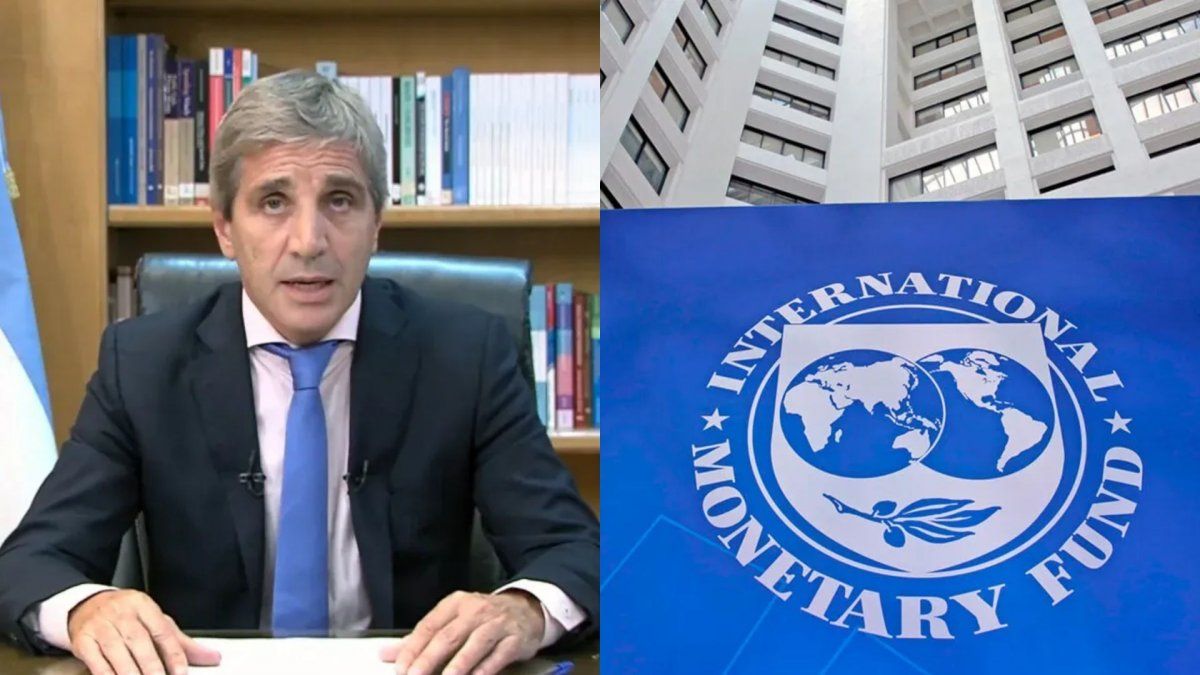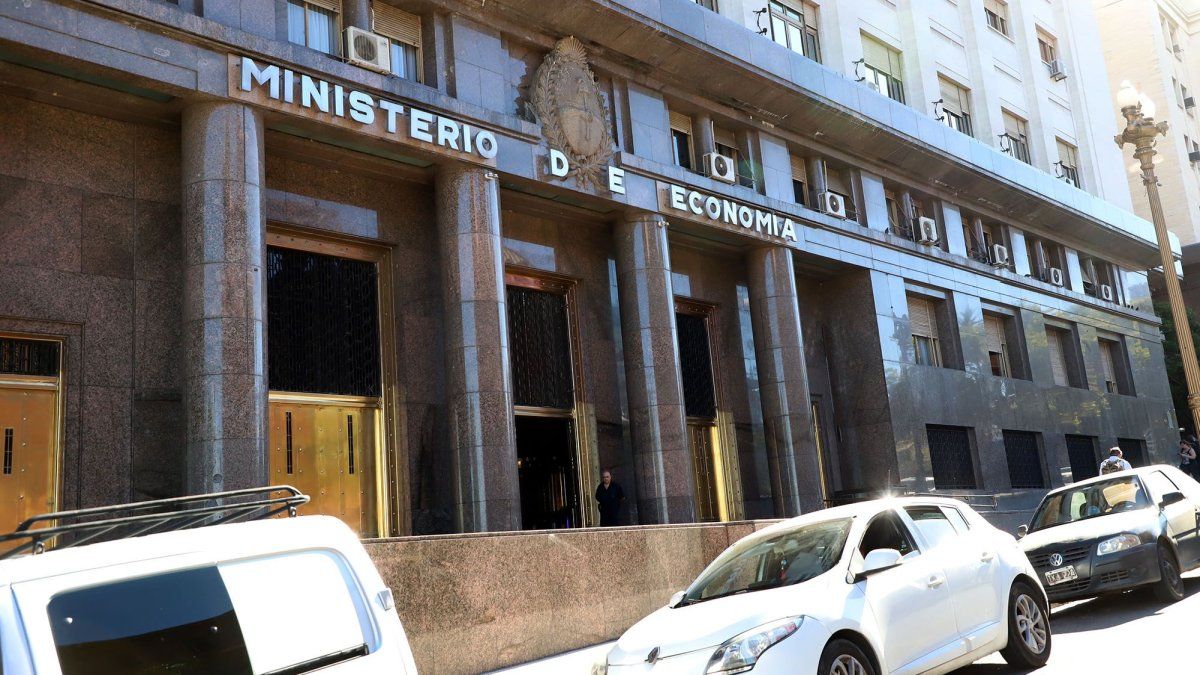The president Javier Milei met with the managing director of the International Monetary Fund (IMF), Kristalina Georgieva, at the G20 Summit in Rio de JaneiroBrazil, and the official of the financial organization highlighted today the “impressive progress” in stabilizing the economy that the current government administration achieved. Likewise, he assured that they are “willing to support Argentina and its people in the construction of these achievements.” The message suggests that you are willing to negotiate. Trump’s arrival may be a given but The evolution of this process is tied to several elements and crossroads that must be resolved. forwards.
This is how he explains it to Scope Emilia Val, master in Economic Sociology and expert in sovereign debtrestructuring and international financial architecture, “there is general consensus that The arrival of Donald Trump to the White House can help Milei before the IMF“. He indicates that this is due, above all, to the ideological closeness that exists between both presidents.” That determines their position regarding the Western agenda, more than anything the United States and Israel.
Val reports that, at this time, progress is made in an ex-post review of the previous agreement between Argentina and the IMF, in order to make way for a new one. “The main idea of the Argentine government is to get money, which is new, which implies a disbursement of fresh money in a context in which Argentina has difficulties receiving investments and needs to strengthen reserves.” And, although he points out that the history of the loan to the Macri government can give us a clue that Trump generates a favorable context for this type of conversations and Trump sees Milei as a regional ally, not everything happens there in the negotiation.
Negotiations with the IMF: the obstacles ahead
And it is that, the doctor in Economics and expert on relations between Argentina and the IMF, Noemí Brentawarns that Trump’s victory, due to the affinity of the extreme right, will help our country before the Fund, but “it does not guarantee that the process will be a bed of roses” and there are several elements that list his position.
“One of them is that Our country is over indebted, especially with the IMF, characteristic that did not exist in 2018, when Trump interceded for the ‘stand by’ agreement to be given to Argentina,” he says. Thus, for Brenta, “in an evaluation of the public debt, it would be proven that it is very low. sustainability”.
Likewise, it indicates that, today, “There is no line available for our country for high amounts”. He points out that his good could create something special, the truth is that the only thing the Government could aspire to is the Resilience and Sustainability Fund. However, he warns that it is little money, “it is about US$8.5 billion, according to my estimates,” he estimates. And, on the other hand, it indicates that there is a flexible precautionary line, but that it is not an effective amount.
JAVIER MILEI KRISTALINA GEORGIEVA G20.jpeg
Javier Milei met with Kristalina Georgieva.
Presidency
On the other hand, he mentions the fact that Caputo is the current Minister of Economy. “Just the one who held the position during Macri’s ‘stand-by’ management and, at that time, the IMF asked that he be removed because it did not like how he handled the awarding of foreign exchange tenders,” Brenta mentions.
Another point he mentions is that “The IMF is usually very insistent regarding the devaluation of the Argentine currency“. It indicates that, today, we still have multiple exchange rates and the peso is somewhat overvalued, a fact that contrasts with the predominant trend in the different emerging currencies, which depreciate against the dollar. Brenta explains that the IMF always requests that the rates exchange rates converge towards the highest price and strongly devalue the currency. However, it is unlikely that the Government will move in this direction because, if this occurs, the acceleration of inflation is inevitable and the fiscal capacity to cope with it decreases. to the debt.
And another issue that the economist mentions is that it is the monetary policy interest rate, which the IMF always requires to be positive and that will be difficult too, given that it indicates that, “next year, the Government wants some expansion of the economy and it will be complex to move forward in that direction.”
Hysteresis, a key element in the staff’s posture
Lastly, they say that he who burns himself with milk sees a cow and cries and this applies to the next point that Brenta mentions: “The IMF officials themselves have some resistance because many of those who intervened in Macri’s ‘stand-by’ were injured in that process.” and they are not going to want to risk this time.” Thus, he explains that, although the US will appoint a new representative of the country to the organization, it is uncertain to ensure that he can have as much influence as to overcome the resistance that officials may have as a result of experience. prior.
Thus, as stated Claudio Loser, former director of the IMF and president of Centennial Group for Latin AmericaTrump’s arrival will help achieve a more fluid negotiation, although “in terms of disbursement amounts, the Fund does not want to grant too many. Consequently, the specialist in macroeconomics, international finance and economic growth in emerging countries, Pablo Bortzpoints out that “We have to see what the staff asks of Argentina for the negotiation now, regardless of Trump’s endorsement.
It suggests that what We have to see how much money our country can obtain in this negotiation process and also warns that China may present some opposition throughout the process, which is why the Government is advancing talks with the Asian giant as well.
Source: Ambito




